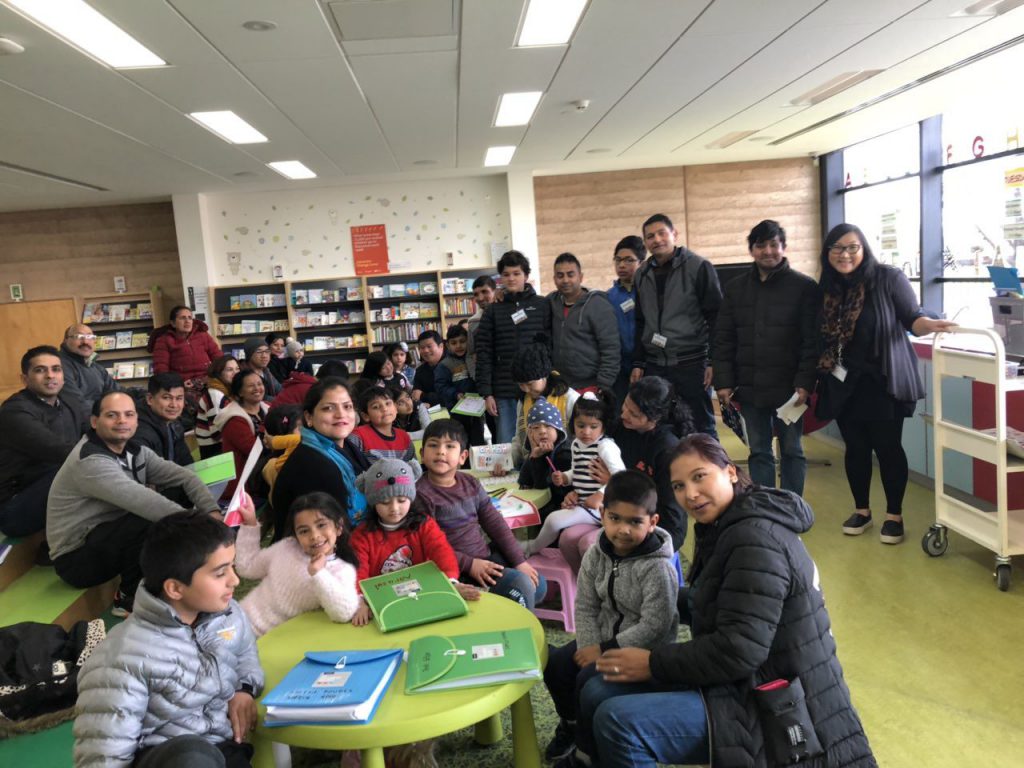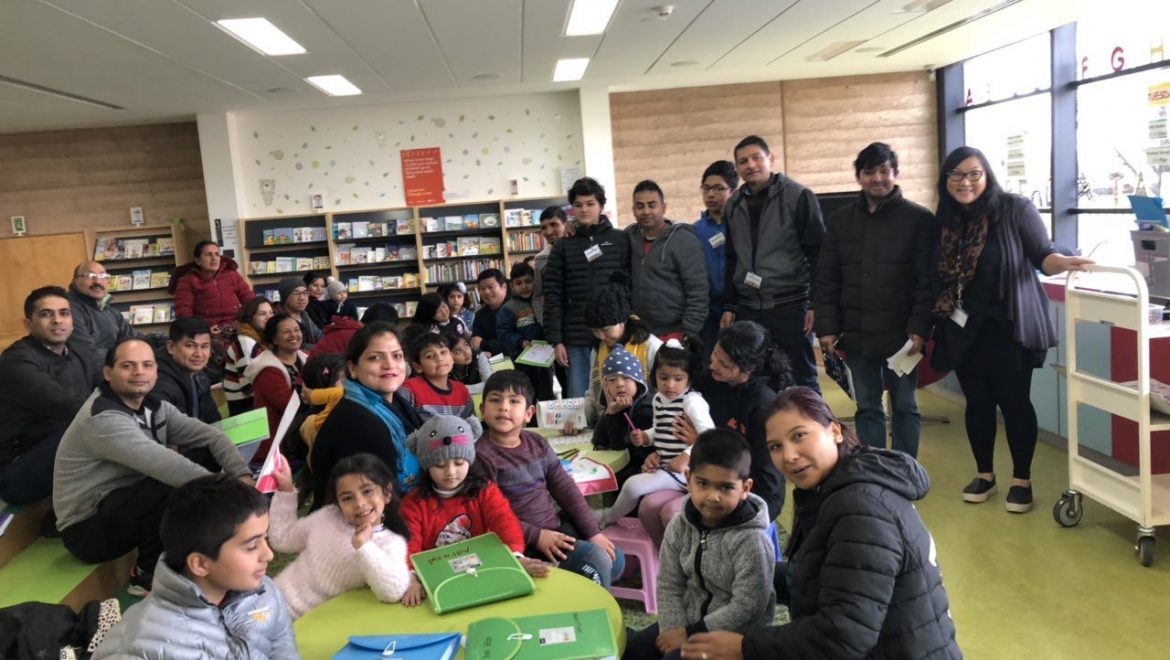
CNC Nepali Language classes:
Nepali language and culture learning programme has been carried on at Hume Library as a continual CNC program since last few years. The program is focusing on varied contextual aspects for the Nepalese community kids residing in Craigieburn. It is solely contributing to the integration with critical cultural awareness and language development within the community. During the language sessions, learners will identify Nepalese ‘day in day out’ cultural events, costumes and objects in the pleasant environment. They will significantly recognise major features of Australian national events such as ANZAC Day, Australia Day, Australian land features, marine, ICT and environmental traits.
Current CNC Executive team is committed to offer a proven quality of learning experience for the children with access to equal opportunities to build up their skills to sensibly vocalise words and construct sentences and write them gradually along the way. In order to drive the mission we have set goals to lead the child learning to an achievable target.
Whilest learning sessions CNC Children will relate their personal stories with the contemporary circumstances. They will have a substantial knowledge of the global context and keep active interest in the mixed cultural characteristics. This is how, NCN children will essentially establish themselves as life-long learners and crucial members of a vibrant multicultural society of 21 st century.
Every child is different in the way they learn, so several different teaching techniques are incorporated daily in reading writing and leaning new vocabularies, such as guided reading, dialogues, word/ number games and so forth.
Goals for children
- To be able to communicate with their families and other members of Nepalese society
- To be able to understand and maintain the awareness of cultural values
- To understand Australian values, features and geographical traits
- To enable themselves to deal with cosmopolitan challenges and to build up their problem solving skills
- To widen their horizon of knowledge and skills and lead them to future multi-tasking leader
Having said that, our teaching learning sessions are never enough to a child to master Nepali language in the current context, they require a constant support and modelling dialogues from their parents. It is important for every parent to spend quality time and have clear and positive Nepali conversations with them. What I know from my research is you must not pretend to be an English person in front of your children because this actually puts yourself down. A quality Nepali dialogue with your family at everyday dinner time may help the language keep alive. Thank you.


